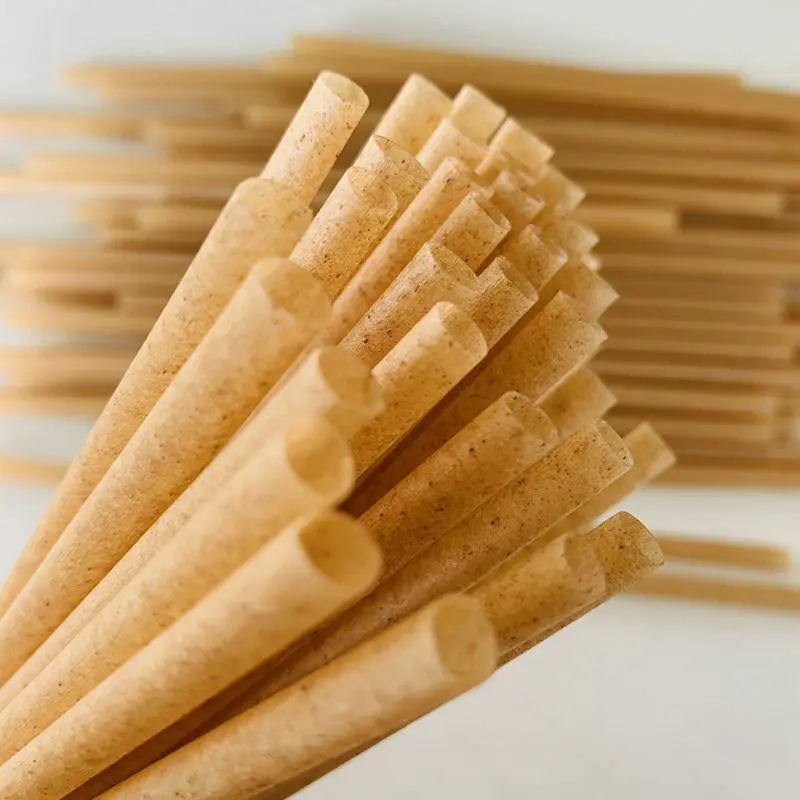Checking Out Sugarcane Products: Versatile Benefits and makes use of
The expedition of sugarcane products reveals an impressive variety of applications that expand well past the acquainted realm of sugar. This functional plant works as a structure for a range of foodstuff, commercial materials, and even sustainable power solutions. Additionally, its spin-offs provide considerable environmental advantages and wellness benefits that merit attention. As we analyze the multifaceted payments of sugarcane, one could question exactly how these diverse uses can reshape industries and lifestyles in a swiftly progressing globe.
Summary of Sugarcane
Although sugarcane is frequently linked largely with sugar manufacturing, it is a versatile plant with a rich history and numerous applications. Grown in tropical and subtropical regions, sugarcane thrives in well-drained soils and cozy climates, contributing dramatically to numerous economies worldwide. This perennial grass, coming from the category Saccharum, can grow to elevations of as much as 4 meters, showcasing its robust nature.
Beyond its key role in sugar removal, sugarcane acts as a vital resource for numerous by-products. The coarse residue, called bagasse, is utilized for producing bioenergy and as a resources for producing paper and biodegradable products. In addition, molasses, a by-product of sugar refining, is rich in nutrients and generally utilized in pet feed and fermentation processes.
Sugarcane likewise plays a significant duty in traditional medicines and cultural techniques in several areas, highlighting its significance beyond business usage (sugarcane product). Furthermore, with the increasing concentrate on sustainable farming techniques, sugarcane is being discovered for its possibility in biofuels and carbon capture, placing it as a principal in the transition towards renewable resource sources. Hence, the convenience of sugarcane prolongs far beyond the confines of sugar manufacturing
Sugarcane in Food Products


Beyond sugar, sugarcane is the source of energy-rich items such as jaggery and panela, which are standard unrefined sugars used in several cultures. These items not only sweeten foods yet additionally convey dietary benefits and one-of-a-kind flavors.
Sugarcane juice, a revitalizing beverage appreciated in many exotic regions, showcases the plant's adaptability. It is usually eaten fresh or fermented right into alcoholic drinks like rum.
In addition, sugarcane fibers, called bagasse, are sometimes used to create food packaging products, emphasizing the eco-friendly benefits of sugarcane processing. On the whole, sugarcane's contribution to food is multifaceted, improving tastes, providing nutritional worth, and playing a substantial duty in culinary customs worldwide.
Industrial Applications of Sugarcane
In various markets, the flexibility of sugarcane prolongs much past its culinary applications. Sugarcane offers as an important resources in the manufacturing of biofuels, particularly ethanol, which is progressively utilized as an eco-friendly power resource. This biofuel is derived through fermentation and distillation processes, supplying a lasting choice to nonrenewable fuel sources and adding to a decrease in greenhouse gas exhausts.

In addition, the sugarcane market has discovered applications in pharmaceuticals, where its elements are used in the solution of various medicinal items. The all-natural substances removed from sugarcane exhibit antimicrobial and antioxidant residential properties, improving the effectiveness of certain drugs.
Lastly, sugarcane is integral to the production of an array of chemicals, including glycerol and organic acids, which are crucial for numerous commercial processes. These applications highlight sugarcane's significant duty in promoting commercial sustainability and technology.
Environmental Benefits of Sugarcane
The complex applications of sugarcane not just boost commercial processes but additionally contribute significantly to environmental sustainability. As a renewable energy, sugarcane growing plays an important role in carbon sequestration, soaking up considerable quantities of carbon dioxide from the ambience. This procedure helps reduce environment modification by lowering greenhouse gas concentrations.
In addition, sugarcane results, such as bagasse and molasses, provide environment-friendly options to conventional materials. Bagasse, the fibrous deposit after juice extraction, can be utilized as a biomass fuel, reducing dependence on fossil fuels and advertising cleaner power sources. Additionally, molasses can be changed into bioethanol, better supporting lasting power efforts.
Sugarcane farming also promotes biodiversity and dirt health. Lasting agricultural techniques, such as intercropping and Our site crop turning, boost soil fertility and decrease erosion. Moreover, the plant's deep root system help in water retention, thereby sustaining regional ecological communities and enhancing durability against drought.
Health And Wellness Advantages of Sugarcane
Rich in necessary nutrients and all-natural sugars, sugarcane provides many health and wellness advantages that make it an important addition to a balanced diet plan. Its high fiber material aids in food digestion, advertising intestine health and avoiding bowel irregularity. Additionally, sugarcane provides antioxidants, which fight oxidative anxiety and may reduce the danger of persistent illness.
Moreover, sugarcane juice is understood for its hydrating properties, making it an outstanding beverage option, particularly in hot climates. The natural sugars present in sugarcane offer a quick power increase, valuable for professional athletes and those involved in physical tasks. It likewise includes important vitamins and minerals, such as vitamin C, potassium, magnesium, and calcium, which add to general wellness.
Researches recommend that sugarcane may help regulate blood sugar level levels, making it a better sugar for individuals with diabetes mellitus when consumed in small amounts. In addition, its anti-inflammatory residential properties go can support liver health and help in cleansing.
Final Thought
In final thought, sugarcane arises as a highly flexible plant with significant contributions to numerous industries. The byproducts of sugarcane, such as bagasse and molasses, facilitate environmentally friendly methods, while its health advantages boost total well-being.
Although sugarcane is commonly linked mainly with sugar manufacturing, it is a functional plant with a rich history and various applications.Beyond its primary function in sugar extraction, sugarcane offers as an essential source for various by-products. Mainly understood for creating sugar, sugarcane is changed right into granulated sugar, brown sugar, and molasses, each serving distinct culinary purposes.Rich in all-natural my sources sugars and vital nutrients, sugarcane uses countless wellness benefits that make it a useful enhancement to a well balanced diet plan. The all-natural sugars present in sugarcane supply a fast power increase, helpful for professional athletes and those involved in physical activities.
Comments on “From Sugarcane Product to Biofuels: The Versatile Uses of Sugarcane”